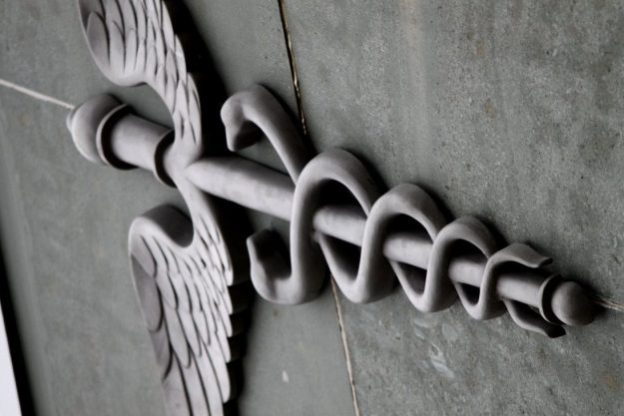Recently, I’ve been wondering about Silvanus, Faunus, and Pan. The former has been an interest of mine for some time, though I haven’t added Him to my religious life (at least not yet); the latter two are a recent focus, but all three inevitably raise the issue of who’s who: one god or different ones?
Historically, the interpretatio has been diverse. In late sources, Silvanus and Faunus were equated, as indicated by Peter Dorcey in his Cult of Silvanus (1992, 34). According to the same scholar, Augustine’s reference to a childbirth ritual in Civitas Dei intended to ward off Silvanus may also derive from a confusion between Him and Faunus, but I’ll get to that later. Earlier sources are no less complex, since they appear to refer to the two gods interchangeably, but then there are also cases of distinction: Martial mentions altars to Silvanus and trees of Faunus (









